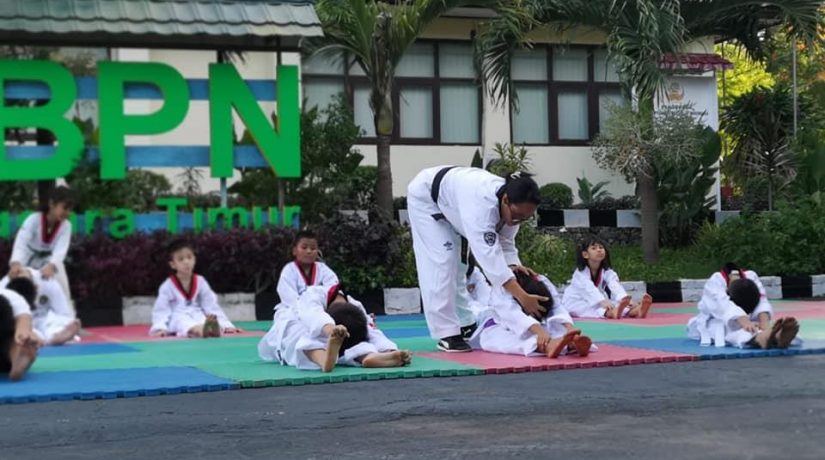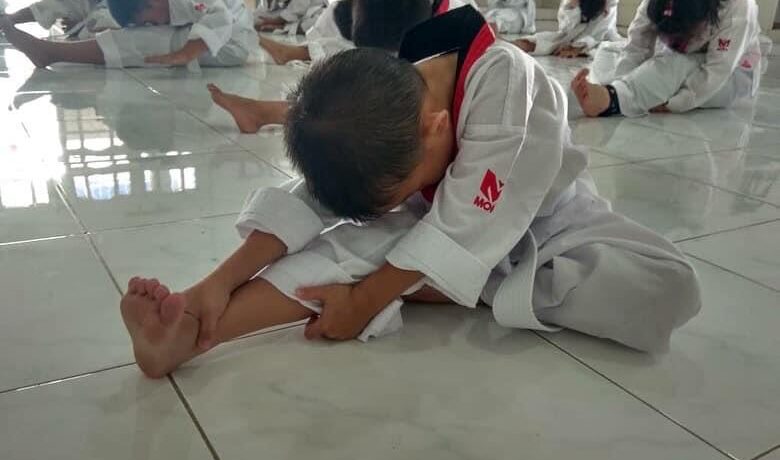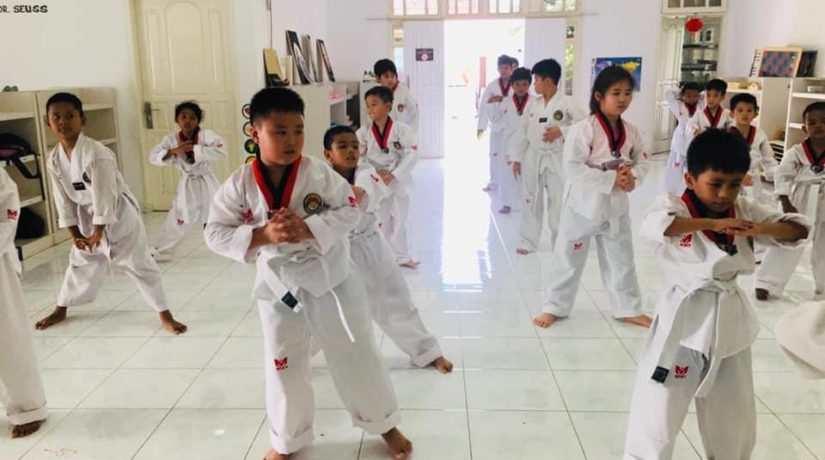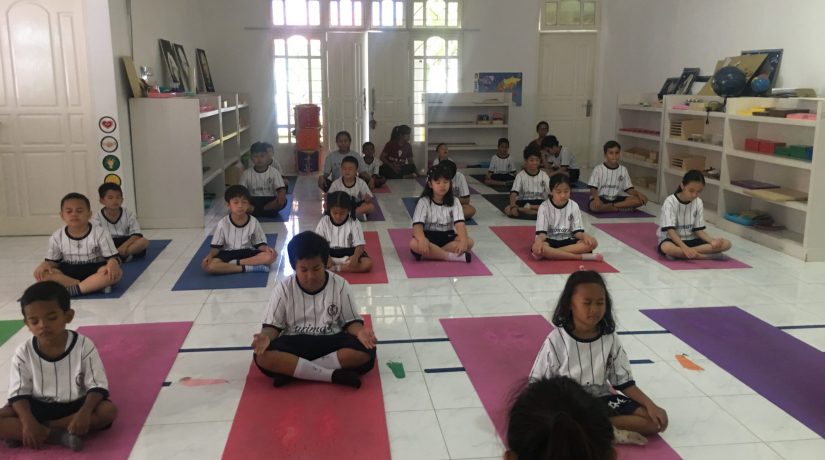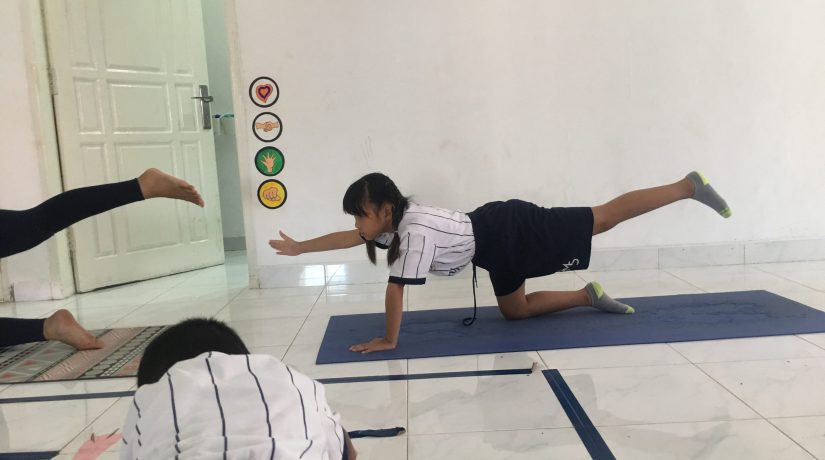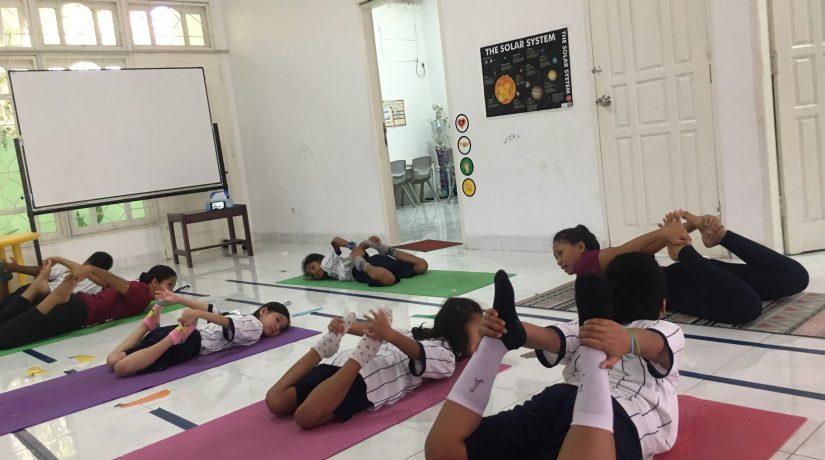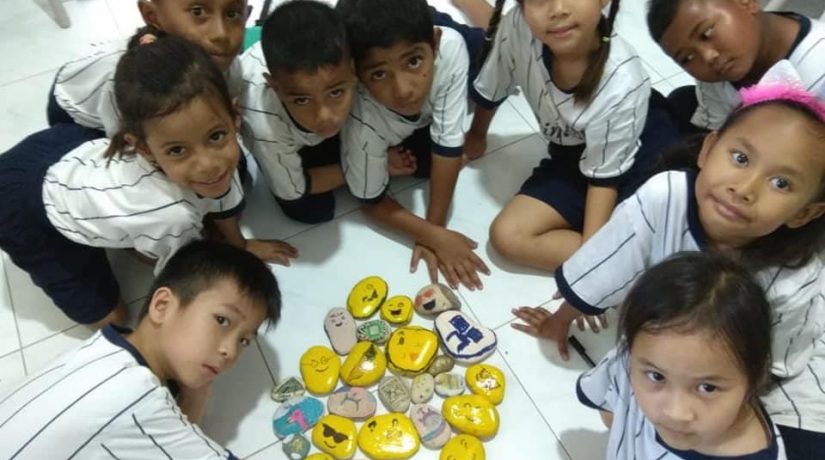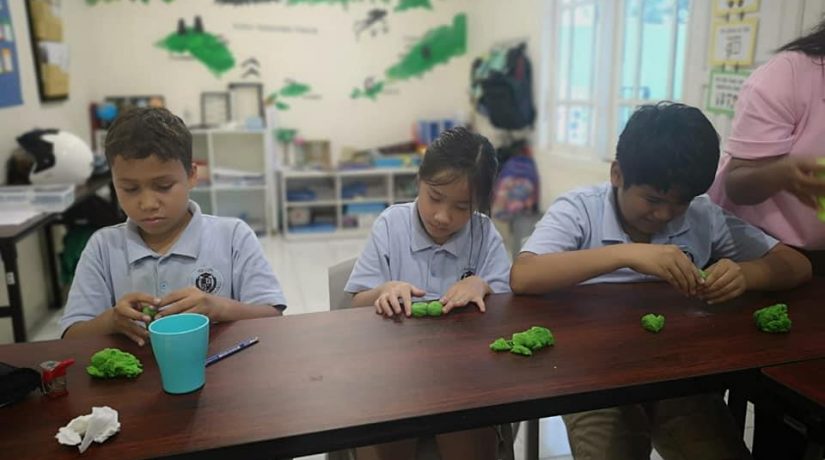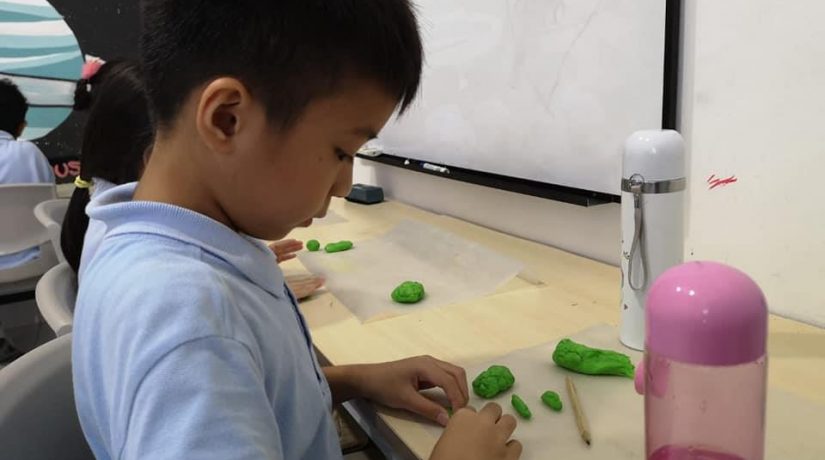In Buoyant Montessori School, Students have the opportunity to participate in a variety of extracurricular activities during their time at school — from sport, music and Art to personal development and community service programs. Undertaking extracurricular activities has far-ranging benefits that touch on many aspects of a child’s development. There are a whole range of benefits that come from involvement in these programs, we explore a few below.



Weekly activities can offer a welcome break from studies and homework — particularly for senior students if they can spare the time. Depending on your child’s interests, they may provide the chance to get outside and exercise, see friends, pursue a hobby or simply destress and refresh their mind. They also help limit the time your child is spending in front of a TV or computer screen.
A lot of the skills that lie at the heart of extracurricular activities can be used during core academic subjects. Education requires solid problem-solving skills, memory, creativity, and critical thinking. To varying degrees, you can find an extracurricular activity that has an impact on these areas.
In addition to building skills within a specific discipline, extracurricular activities are great for developing general academic and soft skills.
While students usually have the opportunity to pursue a wide range of study areas through core subjects and electives, extracurricular activities allow students to explore an interest in more depth than what is covered in class — or maybe even find a completely new interest that they wouldn’t have been exposed to otherwise. They can also provide a great chance for students to broaden their perspective of the world, particularly those involved in volunteering and community service programs.
Being part of a group or team provides a sense of belonging, with extracurricular activities offering an opportunity for your child to interact with others with similar interests and potentially build friendships outside of their usual circle.
Taekwondo
- A boost in Self Esteem. It means “The Joy of Being Myself”. Those who have low self – esteem usually see a large boost as they grow by this program.
- Learning Self – discipline , it means Discipline “to obey what it right”it is to work together to accomplish a common goal by partner drills and sparing teach children to communicate and observe other people.
- Socialization Skills – many children struggle with social Skills at this developing age, it is to work together to accomplish a common goal by partner drills and sparing teach children to communicate and observe other people.
Yoga
Introducing yoga to your children helps establish healthy habits at an early age. Yoga can enhance your child’s strength, coordination and flexibility, while encouraging body awareness and self-esteem. It can reduce your child’s anxiety and stress and promote a sense of calmness. If they continue yoga as they grow older, your children will continue to reap the benefits, including improved Memory, Concentration, Self-esteem, Academic performance
Art
Art in Buoyant Montessori is not seen as a separate curriculum area in the child’s learning but rather as an integral part of the prepared environment fostering their individual growth and development.
The approach is one of providing the child with the skills of observation, fine motor control and the use and care of various high quality art materials- skills which will allow them to express themselves when inspired to do so.
Children do not learn how to produce art works that all replicate that which is created by the adult (the adult’s creativity), but rather, given the tools and skills, use their own creative processes and imagination to produce an artwork to their liking – this is real creativity.

Music Class
Learning to play an instrument can help your child fine-tune her ear and enhance skills needed for education and social interaction. In Buoyant Montessori School. We have Sasando Music Class. By this Extracurricular, we believe that :
- It improves academic skills.
Music and math are highly intertwined. By understanding beat, rhythm, and scales, children are learning how to divide, create fractions, and recognize patterns. It seems that music wires a child’s brain to help him better understand other areas of math.
- It develops physical skills.
Certain instruments, such as percussion, help children develop coordination and motor skills;
- It cultivates social skills.
Group classes require peer interaction and communication, which encourage teamwork, as children must collaborate
- It refines discipline and patience.
Learning an instrument teaches children about delayed gratification
- It boosts self-esteem.
Lessons offer a forum where children can learn to accept and give constructive criticism. Turning negative feedback into positive change helps build self-confidence.

